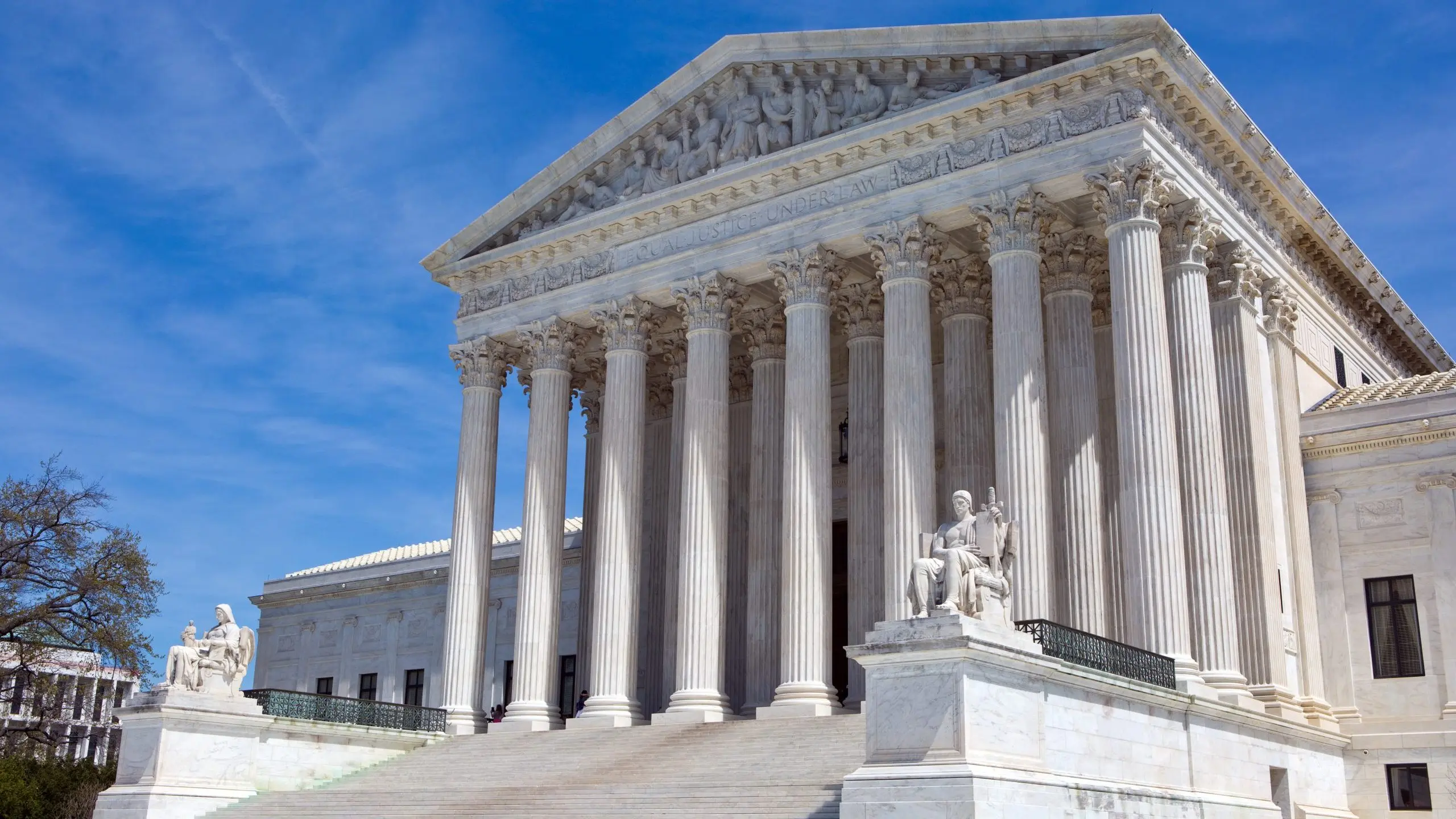|
Getting your Trinity Audio player ready...
|
On May 9, the Supreme Court of the United States issued a ruling on the court case Culley v. Marshall with ramifications for the process of civil forfeiture.
Civil forfeiture is a legal process where the government can seize property allegedly involved in illegal activity. Once property has been seized, owners must prove that their property was not in fact a product of or used in illegal activity in order to have it returned.
The owner of the property never actually has to be charged with a crime.
A 2018 report from the Alabama Appleseed Center for Law & Justice found that in 2015, in fully one-fourth of civil forfeiture cases in Alabama no criminal charges were ever filed against the owner of the seized property.
In 2019, Alabama residents Halima Culley and Lena Sutton both loaned their cars to other people, Culley’s son and Sutton’s friend respectively. Culley’s son was arrested for marijuana possession and Sutton’s friend was arrested for trafficking methamphetamine.
In both cases, the police department immediately seized the vehicles under an Alabama civil forfeiture law which requires that seizure proceedings are “instituted promptly.” Forfeiture complaints were not filed for 10 days, in Culley’s case, and 13 days, in Sutton’s case.
Culley and Sutton sued the state of Alabama claiming that they should have received a preliminary hearing. Due process case law holds that the 14th Amendment requires governments to provide a notice and a hearing before seizing private property.
The American Civil Liberties Union of Alabama, the national American Civil Liberties Union, the Cato Institute, and the Rutherford Institution all filed a joint amicus brief supporting further restrictions on civil forfeiture.
The joint brief stated that the average civil forfeiture case “provides no such extraordinary justification to depart from otherwise tried and true approaches to safeguarding property owners from unwarranted government seizures.”
In a 6-3 decision split along ideological lines, however, the majority opinion stated that “the Due Process Clause requires a timely forfeiture hearing, but does not require a separate preliminary hearing” for civil forfeiture.
In a press release, the National Federation of Independent Business stated that as a result of the Supreme Court’s ruling, “many small businesses will be forced to go through a lengthy and costly forfeiture process.”
Beth Milito, the executive director of the NFIB’s Small Business Legal Center, said that “small business owners who rent, sell, or conduct cash transactions are particularly vulnerable to harm” from civil asset forfeiture.
Justice Sonia Sotomayor also pointed out in her dissent from the majority opinion that “officers have a financial incentive to target marginalized groups, such as low-income communities of color.”
In 2021, the Alabama Legislature passed a law which exempted vehicles worth less than $5,000 and currency worth less than $250 from civil forfeiture laws. It also allows purportedly innocent owners to seek an early hearing.
However, the Supreme Court’s ruling means that early hearings in civil forfeiture cases are not considered a constitutional right.






















































